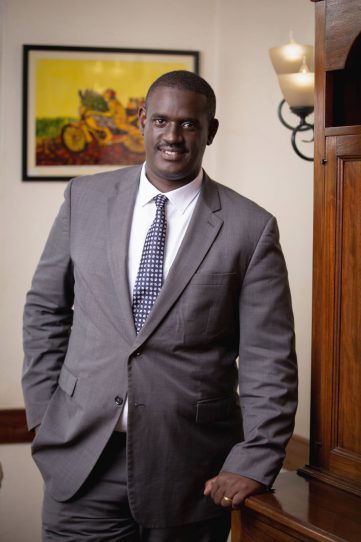This week, we received a fair amount of feedback for the article “EACOP and the Saviour Complex”. Most of the feedback was from people who agreed with the central argument while a number of well meaning friends from all over the world had legitimate concerns about the tone of the article and general tone of the EACOP debate.
Critics argued that we should focus on explaining the project and addressing the “concerns” raised by the international NGOs and their local satellites and avoid terms like colonialism. The more radical opponents of the project argued that we misrepresented the definition of corporate colonialism which they claim is a product of capitalism. Others still believe that claims about “green colonialism” or “corporate colonialism” from either group are unhelpful.
Well, we can continue to debate on which form of colonialism is applicable but let’s agree that the main question is why there are undercurrents of colonialist attitudes in the EACOP debate. For starters, there is no question that Uganda – a sovereign nation – has put in place necessary safeguards to protect the environment, preserve biodiversity and improve the lives of project affected persons. Contrary to the doomsday narrative, EACOP has robust social safeguards. Gas flaring, which is the burning of excess gas, is illegal in Uganda. The project carbon emissions are projected at 13kg of carbon dioxide per barrel of oil while the global average is 33 kg of carbon dioxide per barrel of oil. The project will produce liquefied gas to provide gas for people to cook with and therefore go a long way in fighting deforestation. UNOC has set a target to plant 40 million trees all over the country. Therefore, the project can indeed easily be explained to anyone it needs to be explained to.
The reason why some of us attribute the anti EACOP campaign to colonialist attitudes is simple. While the anti EACOP crusaders are obviously entitled to oppose the project, it is the fabrication of facts and astro-turfing that is worrisome. On a regular basis, it has become the norm for a new western NGO to release a “new” report “exposing” the project. This “new” report is then published and distributed in a number of international media houses. The latest “new” report is from four EU MPs who sponsored the infamous anti EACOP motion in the EU Parliament. It seems the EU Parliamentarians decided to condemn the project first and then investigate it later. Before this “new report” we had seen reports from all manner of Western NGOs. Each of the reports is received with much fanfare and published in all manner of respectable publications. Surprisingly, none of the “new” reports ever have any new information. Instead, almost without exception they carry the same falsehoods about the project. These falsehoods are then reported as fact in many publications and even embellished in others. The falsehoods include; EACOP will cross 230 rivers; EACOP will pass through Lake Victoria and pollute the Lake destroying drinking water for 40 million people (the pipeline doesn’t go through Lake Victoria), EACOP will cross the most pristine habitats killing lions, elephants, gorillas; EACOP will make 120,000 people homeless (only 723 households will have to move to newly constructed houses nearby) and EACOP will emit 33, or 34 or 34.3 million tonnes of carbon dioxide into the atmosphere doubling or tripling or the combined emissions of Uganda and Tanzania. When this misinformation is spread once or twice it’s forgivable. However when it spreads repeatedly we must wonder why this is so. The reason seems clear to me. Uganda is being presented as a jungle where there is no development and only nature. Where can you find forty million people in 230 rivers living alongside lions in game parks near forests? Obviously you can only find such a spectacular sight in a jungle.
When European settlers traveled to Africa in the 1860s and 1870s, they left behind Europe whose landscapes were being radically transformed by urbanization and industrialization. In Africa, they were convinced that they had rediscovered the nature that, back home, was in the process of being lost. In the 19th and much of the 20th century, the idea that Africans people lived in a jungle waiting for salvation was a cardinal principle of the colonial era. Even today, members of the European elite still describe some parts of the world as a jungle. European Union foreign policy chief Josep Borrell declared recently that “Europe is a garden. We have built a garden…The rest of the world – and you know this very well is not exactly a garden. Most of the rest of the world is a jungle, and the jungle could invade the garden.”
The anti EACOP campaign which creates rivers that never were, in forests that do not exist is a clear attempt to paint the picture of a jungle in need of ‘civilized’ gardeners. Addressing the misrepresentations without addressing the colonial attitude of those opposing our development is failing to deal with the actual elephant in the room while following the fictitious elephants in the jungle. .



